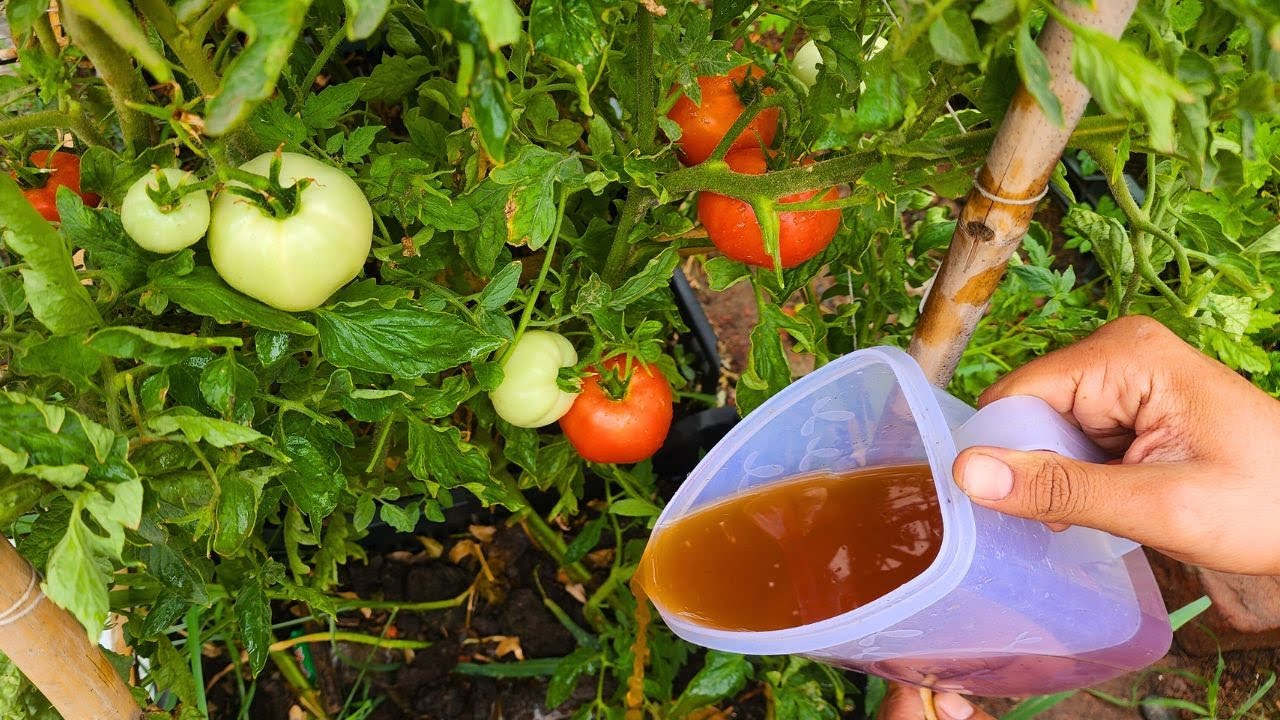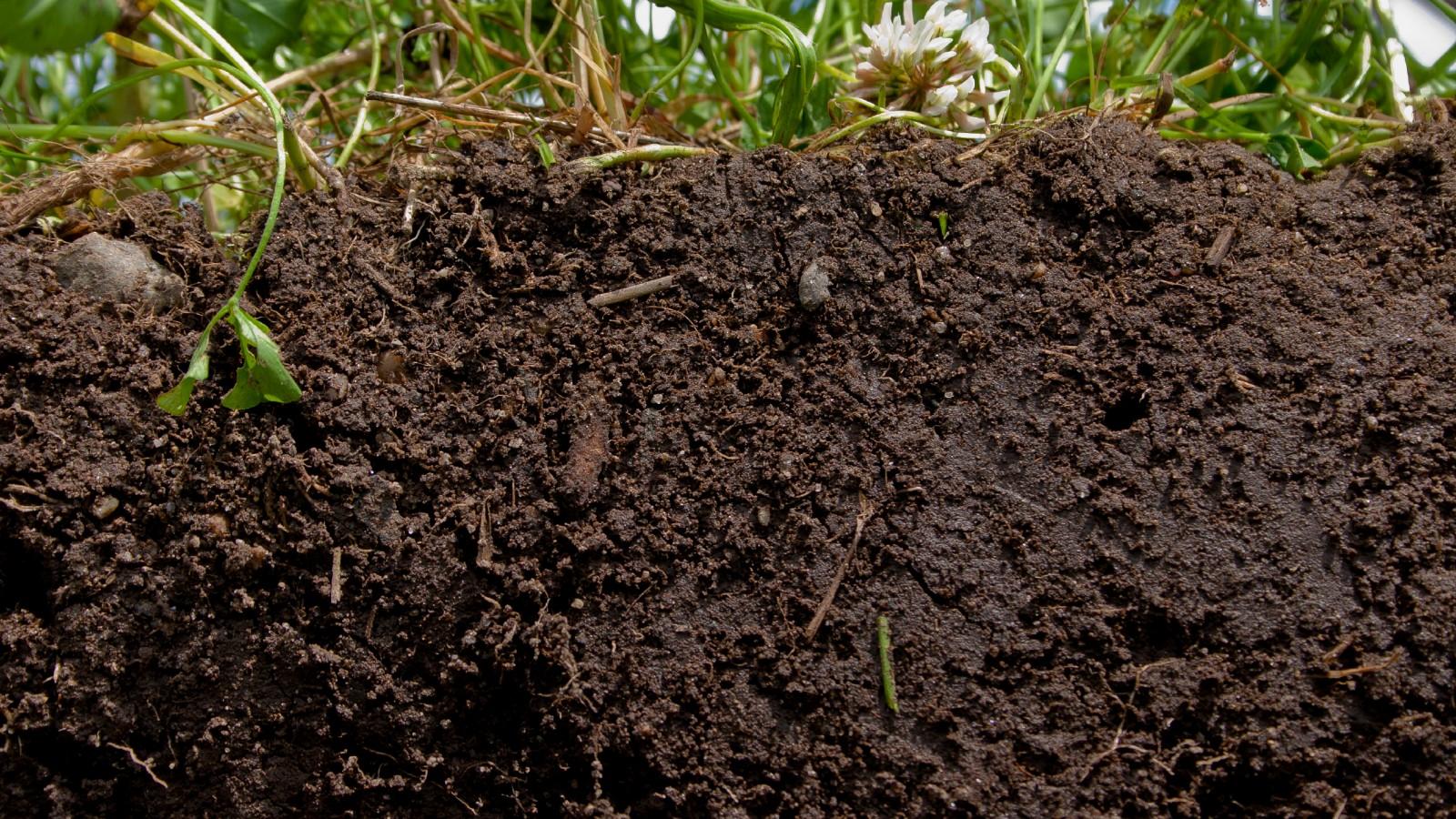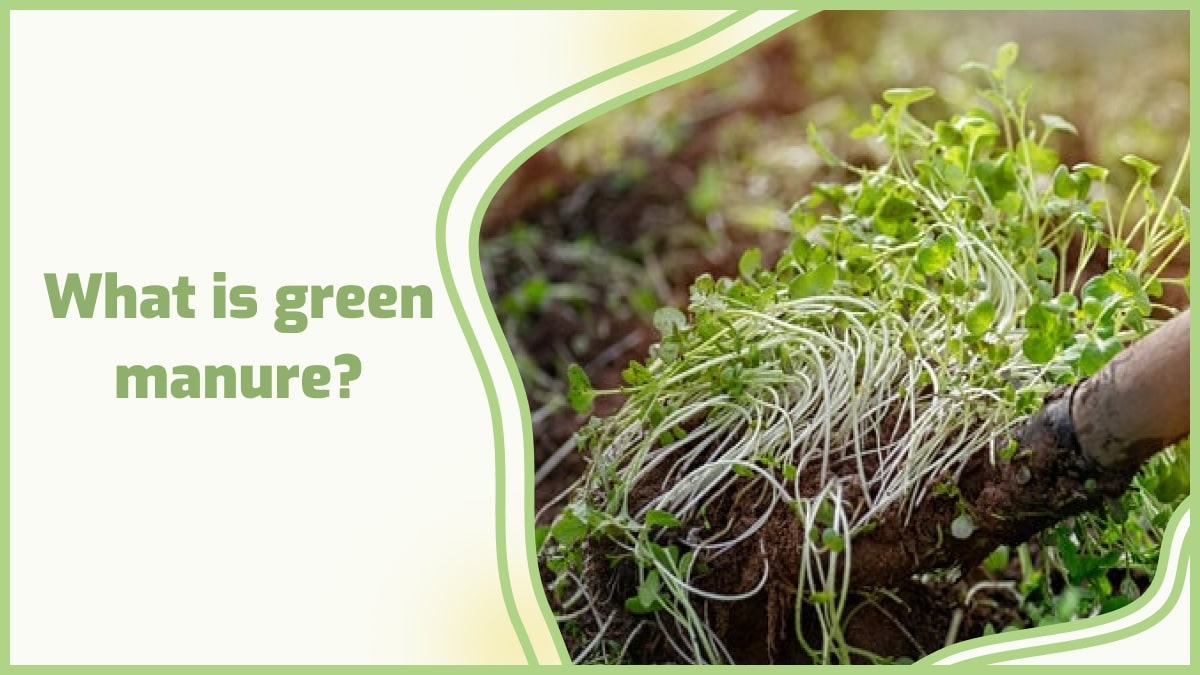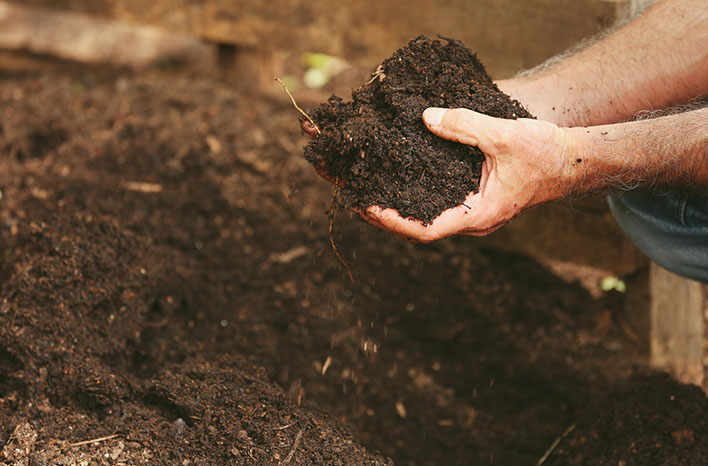What is the Best Natural Fertilizer for Tomatoes?
Tomatoes are a favorite vegetable for many gardeners due to their versatility and delicious taste. However, growing healthy and abundant tomato plants requires the right nutrients, especially when it comes to fertilizer. While there are many synthetic fertilizers available on the market, many gardeners prefer to use natural fertilizers to promote healthier plants and reduce the impact on the environment. In this article, we will discuss some of the best natural fertilizers for tomatoes that you can use to help your plants thrive.
1. Compost
Compost is often referred to as “black gold” in the gardening world for its incredible benefits to soil health. Compost is made from organic matter such as kitchen scraps, yard waste, and manure, which are broken down into nutrient-rich soil amendments. When it comes to tomatoes, compost adds essential nutrients like nitrogen, phosphorus, and potassium, which are crucial for healthy growth and fruit development.
- How to use: Spread a layer of compost around the base of your tomato plants, being careful not to bury the stems. You can also mix compost into the soil before planting your tomatoes to ensure they receive a steady supply of nutrients throughout the growing season.
2. Fish Emulsion
Fish emulsion is a natural fertilizer made from fish remains, such as bones, scales, and guts, which are processed into a liquid form. This fertilizer is rich in nitrogen, which is essential for promoting leafy growth in tomato plants. It also contains other essential nutrients like phosphorus and potassium, making it an excellent all-around fertilizer for tomatoes.
- How to use: Dilute fish emulsion with water according to the instructions on the label, then water your tomato plants with the mixture. Be sure to follow the recommended application rate to avoid over-fertilizing your plants.
3. Epsom Salt
Epsom salt, also known as magnesium sulfate, is a natural mineral that can benefit tomato plants in many ways. Magnesium is an essential nutrient for plants, aiding in the production of chlorophyll and promoting healthy, green foliage. Additionally, Epsom salt can help prevent magnesium deficiency, which can cause yellowing leaves and reduced fruit production in tomatoes.
- How to use: Dissolve Epsom salt in water according to the instructions on the package, then apply it to the soil around your tomato plants. You can also sprinkle a small amount of Epsom salt directly onto the leaves of your plants to provide a foliar feeding.
4. Bone Meal
Bone meal is a natural fertilizer made from ground-up animal bones, which are a rich source of phosphorus and calcium. Phosphorus is particularly important for tomato plants, as it helps promote strong root development, flower formation, and fruit production. Calcium, on the other hand, helps prevent common tomato disorders like blossom end rot.
- How to use: Sprinkle bone meal around the base of your tomato plants before planting them or mix it into the soil. Be sure to follow the recommended application rate to avoid over-fertilizing your plants.
5. Worm Castings
Worm castings, also known as vermicompost, are a potent natural fertilizer made from the waste produced by earthworms. This nutrient-rich fertilizer is full of beneficial microbes, enzymes, and plant growth hormones that can improve soil structure, promote healthy root growth, and increase nutrient uptake in tomato plants.
- How to use: Mix worm castings into the soil before planting your tomatoes or topdress the soil with a layer of castings around the base of your plants. You can also make a worm casting tea by soaking the castings in water and using the mixture to water your plants.
Using natural fertilizers is a great way to nourish your tomato plants while minimizing your environmental impact. By incorporating these best natural fertilizers into your gardening routine, you can enjoy healthy, vibrant tomatoes all season long. Experiment with different fertilizers to see what works best for your plants, and remember to always follow the instructions on the labels to ensure the best results.



